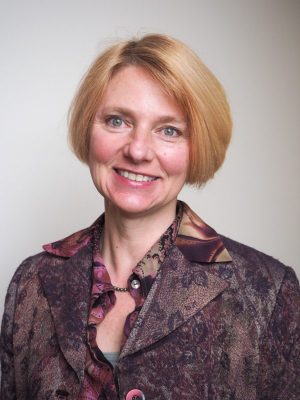Expert Available on NATO Planes Shooting Down Russian Drones Deep Inside Poland
Michael John Williams, associate professor at Syracuse University and expert on NATO, US foreign policy and international security, is available to speak to media on issues related NATO-member warplanes shotting down several Russian drones over Poland, the first time the…


